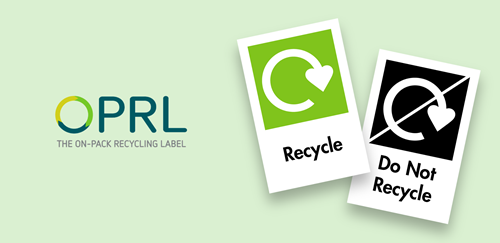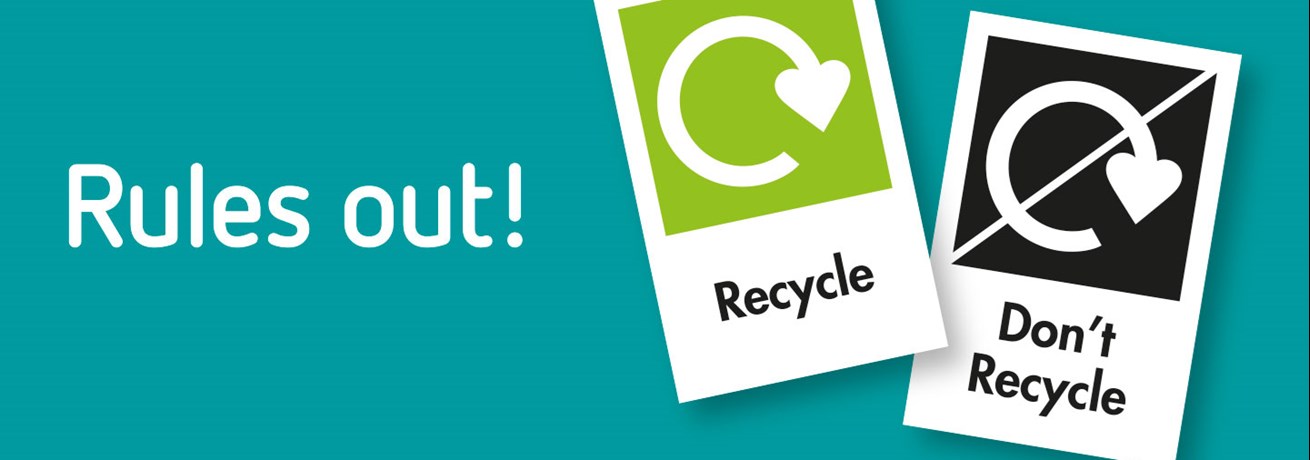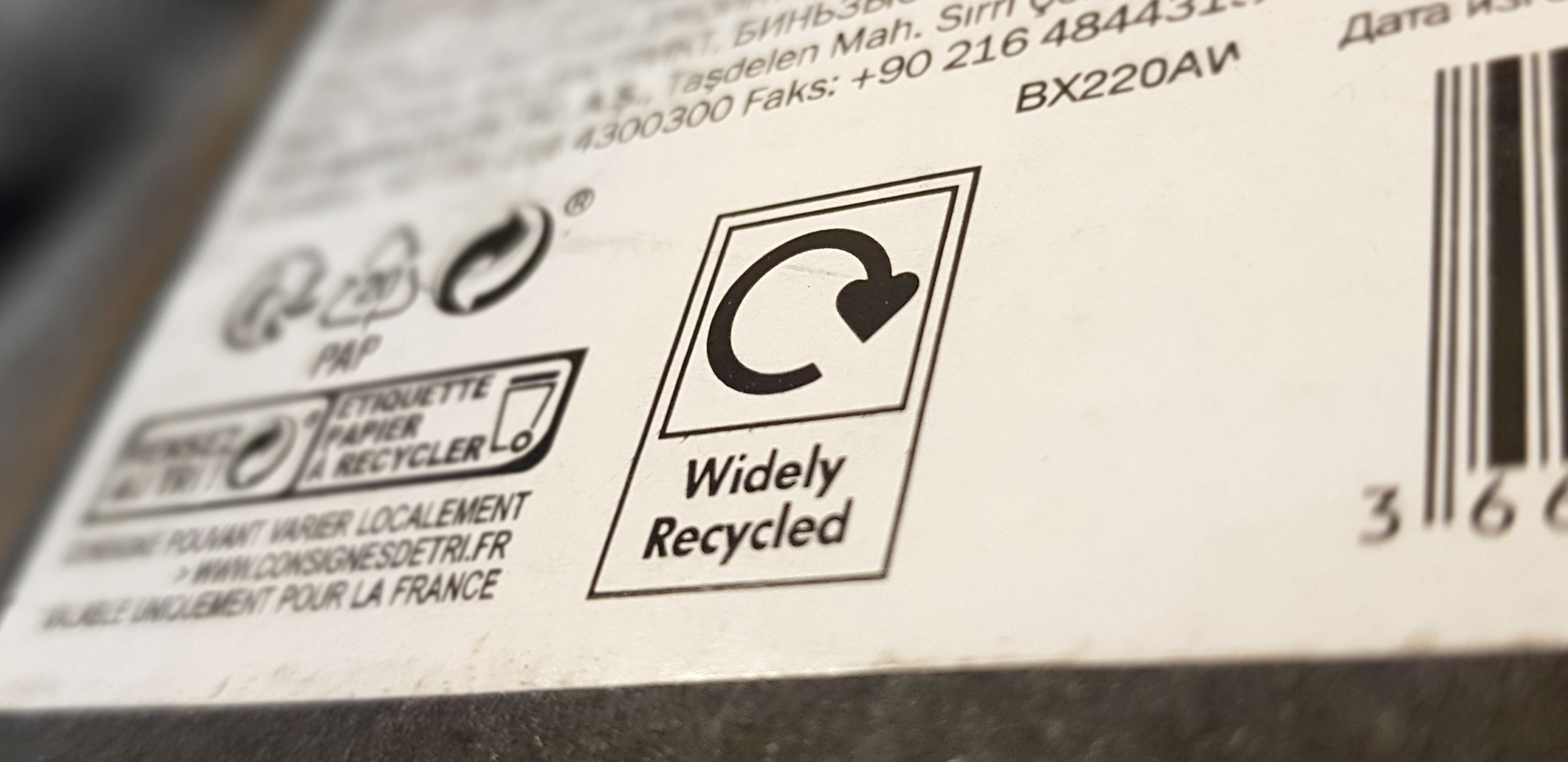The change of rules, first announced late last year, are set to drive change ahead of the EPR reforms
The new OPRL labelling rules confirmed today come into force from 1 February 2020. Any new artwork for packaging commissioned from that date must use the new labels.
The change is aimed at giving greater transparency on the final fate of packaging, highlighting what gets sorted and reprocessed and which packaging designs are likely to be landfilled or incinerated. Ultimately this is aimed at increasing further consumer confidence in the labels and trust in the member brands who use them.
It is expected that the move will drive a more rapid switching into sustainable packaging ahead of the EPR reforms as new labels are applied over the next three years. The new labelling is a result of extensive consultations and consumer testing, drawing on a wide range of data and evidence including three consumer insight research studies, four major reports, seven collections databases and a 12 member cross-industry steering group. Details of the review’s methodology and evidential sources can be found in the ‘On-Pack Recycling Labelling rules 2019: Evidence Base’ available to download on the OPRL website.
The existing system is to be moved into a simplified binary labelling system of 'Recycle' or 'Don't Recycle', replacing the previous system of three labels - 'Widely recycled', 'Check local recycling' and 'Not currently recycled'.
Simplified labels
'Recycle' will apply when 75% or more of UK local authorities collect that type of packaging which is then effectively sorted, processed and sold as recyclate for use in packaging or products.
'Don't Recycle' will be applied when fewer than 50% of UK local authorities collect that type of packaging and/or it is not effectively sorted, processed or sold as recyclate for use in new packaging or products.
A handful of fully recyclable packaging types where collections fall between 50-75% of local authorities will retain the intermediary Check Home Collections status. Specialist labels, where bring site or front of store collections enable at least 75 percent of the population to access collection services feeding reprocessing infrastructure, remain available for beverage cartons, metal paint cans and PE films, with the addition of a new specialist label for coffee cups.
Key changes to specific materials
The key labelling changes for specific materials are confirmed to be:
Three polymer types will move from Check locally into Recycle
NIR detectability determines whether some black plastics move from Check Locally to Recycle or Don't Recycle
Two Polymers widely collected but mainly landfilled or incinerated move from Check Locally to Don't Recycle
Coated paper and card quality tolerances immediately tighten up to a maximum of 15% plastic by weight for Recycle status and reduce further to 10% in January 2023, giving markets time to respond
Coffee cups get a specialist label to support in-store collections for recycling
The most inclusive, extensive and rigorous review
Stuart Lendrum, Chair of the Steering Group and OPRL Ltd Board director, commented “This has been the most inclusive, extensive and rigorous review to date of our recycling labelling rules. We’ve gathered together a broad and diverse array of expertise and evidence and subjected it to scrutiny and challenge by respected figures from inside the industry and beyond. I’m massively grateful to everyone who has contributed.”
“The results deliver our commitment to give consumers clarity on the true recyclability of packaging. As part of that commitment to transparency and accountability we are making our evidence base publicly available today. As further new evidence becomes available, we will fine tune these rules so that we reflect the UK’s developing recycling technology and infrastructure, and further refining of industry technical standards.”
Consumers increasingly want clearer information
Iain Ferguson, Environment Manager at founding OPRL member, the Co-op, and Steering Group member, added “Consumers increasingly want clearer information on what to do with their packaging. We welcome all moves that simplify messaging around correct disposal routes and hope that OPRL’s latest review will help drive better habits and more informed action amongst the UK population.”
External expert reviewer and challenger Paula Chin, Materials Specialist at WWF, commented “Due to the visible impact of plastic pollution on our natural world, the UK public is increasingly interested in how their products are packaged. What to recycle and how to do that is vital – and these clear, evidence-based labels are part of the solution. Shoppers will now know which packaging is most sustainable and what to do when they’ve finished using it. This is key in ensuring we use our natural resources as efficiently as possible rather than just throwing them away.”
In 2018 Ecosurety became the first compliance scheme to join OPRL, enabling it to more effectively support members of both schemes.





